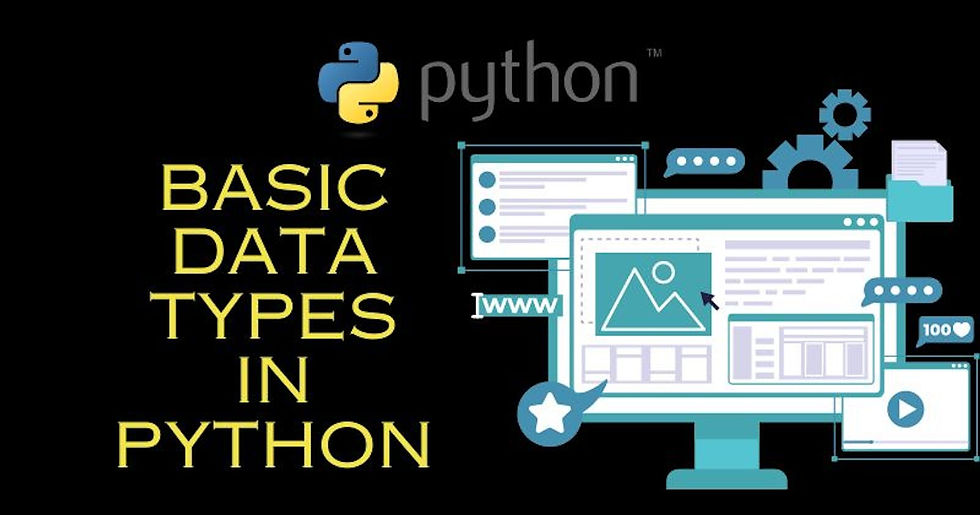Kaggle - What is the Best Use for You to Utilize the Platform?
- offpagework1datatr
- Mar 31, 2023
- 3 min read

Kaggle is an online platform that presents a wealth of possibilities for data science and machine learning practitioners. It offers an array of services from open-source datasets to interactive code discussions, competitions and community support. Kaggle is the perfect destination for those who want to dive deeper into the world of data science.
Whether you are just starting out in data science or looking for ways to improve your skills, Kaggle provides a wide variety of opportunities to gain experience. The platform hosts popular datasets from various industries, which you can use to hone your data analysis skills before tackling a real-world problem. You can also take part in coding competitions where you can compete against other participants or tackle research challenges in collaboration with others. Additionally, Kaggle’s discussion forums provide plenty of valuable advice on dealing with common issues while performing data analysis, not just from experts but also from fellow users like yourself.
Kaggle also provides access to powerful open-source analytics tools such as Jupyter Notebooks, which allow you to easily perform machine learning tasks on any dataset available on the site. With these tools, you can quickly build models, experiment with different algorithms and embed visualizations and dashboards into your reports all without writing complex code.
Overall, Kaggle is an excellent resource for anyone looking for ways to improve their data science knowledge and skillset through exploration and collaboration with other professionals in the field. Whether it’s using open-source datasets or competing against others in coding challenges Kaggle enables users to develop their skills while building strong connections with the wider data science community.
Who Uses Kaggle?
Kaggle offers users a variety of features that allows them to easily access datasets, build models, and analyse various algorithms. Whether one uses the platform for artificial intelligence tasks or data visualisation projects, the possibilities are endless. In comparison to other programming tools and coding software, Kaggle provides users with readymade tools that are user-friendly and easy to use. Furthermore, through competitions hosted on the platform, users can strive to become better by competing against each other while also gaining valuable insights into real-world problems.
The use of Kaggle is not just limited to aspiring data scientists and machine learning engineers; many business analysts and academic researchers have also found success using the platform for their research. With an intuitive interface, powerful toolsets, and unique features like AutoML (automated machine learning), the possibilities of what one can do with Kaggle are nearly limitless! Through deploying different techniques like this one can effectively solve some of the most difficult problems in today’s world related to predictive analytics.
Different Types of Content on Kaggle
Data Science: Kaggle offers a wealth of datasets from across many industries, making it easy to find the perfect dataset for your project. Kaggle also provides tutorials, introductions to machine learning concepts, and guidance on how to make the most out of your datasets.
Big Data: If you’re looking to analyse large datasets or want to learn more about the world of big data, Kaggle has plenty of resources at your disposal. You can explore tutorials that show how to work with large datasets; access public datasets for analysis; and get help from experienced users about how to best analyse large amounts of data.
Machine Learning: Kaggle hosts a comprehensive list of machine learning competitions that are ideal for anyone looking to practice their skills or even enter into a competition where they can compete with other users from around the world. There’s also plenty of tutorials that teach you how to use various ML algorithms and frameworks so that you can apply them in real-world problems.
Datasets: From medical imaging datasets to aerospace engineering datasets, Kaggle offers huge repository of open-source datasets gathered from different domains. With these public datasets, you can build predictive models and develop insights into particular areas or topics that interest you.
Challenges and Competitions on Kaggle
Challenge hosts provide evaluation metrics to help rank the results of participants. Competitors can submit their models or algorithms to be evaluated and receive feedback on their performance. Performance scores are then used to create leader boards that show who is ranked the highest based on their model’s accuracy. The top contenders may be eligible for rewards such as monetary prizes or recognition from the challenge host. The hosts also have access to mentors who can help competitors through the challenge process if needed.
Overall, Kaggle facilitates a great way for data science professionals to practice and improve their skills in a competitive environment. It also allows people who are new to the field to learn the principles of data science and machine learning through practical applications and mentor support. By taking part in Kaggle challenges, you can hone your skills and gain insight into real-world problems – all while being part of an exciting global community!



Comments